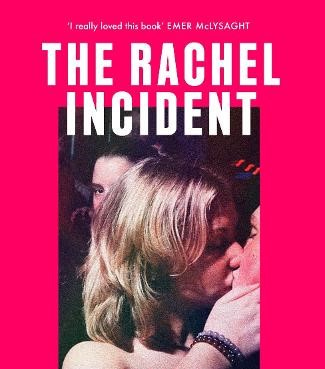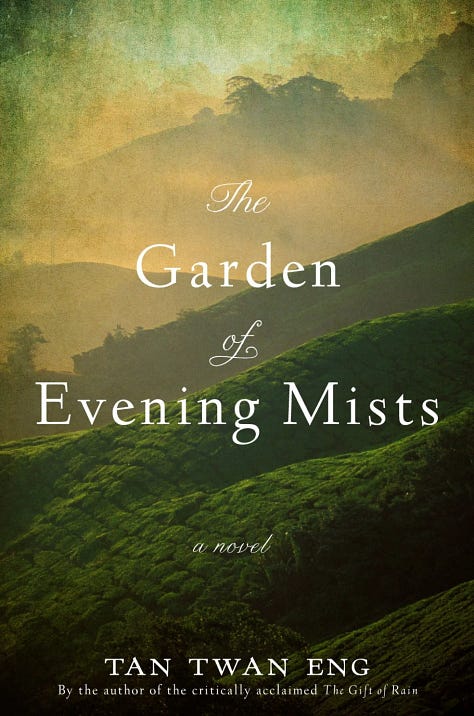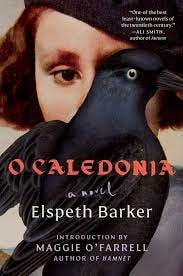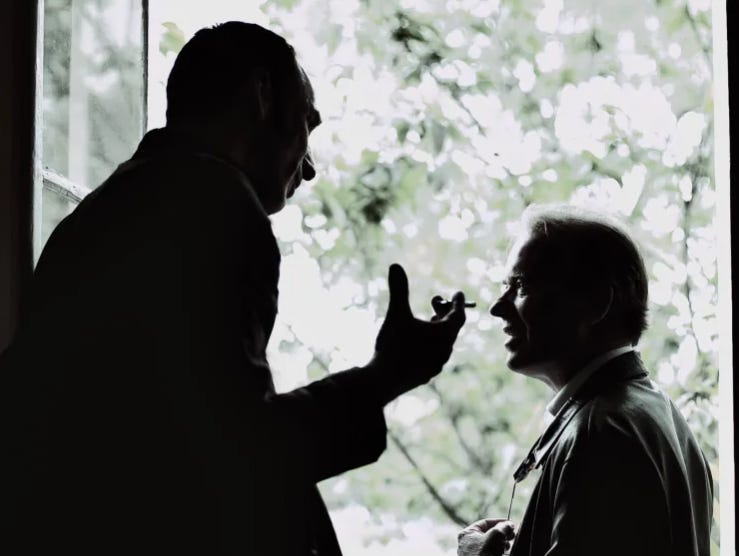





Fiction (Ranked):
My Brilliant Friend by Elena Ferrante (2011)
The Shards by Bret Easton Ellis (2021)
Assembly by Natasha Brown (2021)
O Caledonia by Elspeth Barker (1991)
“The horses trod warily into the shallows; they picked their feet up high and skipped sideways at the little waves. Then as they waded deeper they arched their necks and snorted, pushing their muzzles into the green swell. And suddenly, with a wild forward lurch, they gave themselves to the sea… she could die like this and never know the difference, horsed on the sightless couriers of the air.”
Milkman by Anna Burns (2018)
The Dangers of Smoking in Bed by Mariana Enriquez (2009)
My Year of Rest and Relaxation by Ottessa Moshfegh (2018)
“I was just trying to pass the time. I thought if I did normal things – held down a job, for example – I could starve off the part of me that hated everything. If I had been a man, I may have turned to a life of crime. But I looked like an off-duty model.”
The Rachel Incident by Caroline O’Donoghue (2023)
Perfume by Patrick Süskind (1985)
The Garden of Evening Mists by Tae Twan Eng (2012)
“At that instant, as Teruzen flew off in my plane to meet the ship, the war was effectively over. And so it came to be that I was the cherry blossom that never fell to earth, saved by the order of a silent emperor given voice by defeat.”
The New Me by Halle Butler (2019)
Panenka by Ronan Hession (2021)
Long-form Journalism:
Something to be done: Susan Sontag’s production of Waiting for Godot in Sarajevo, thirty years on Amber Massie-Blomfield for the Times Literary Supplement (2023)
Nutmegged Frank Kermode for The London Review of Books (2001)
“The first thing to see to if you want to write well is to avoid doing bad writing, used thinking. The more positive requirements can be left till later, if only a little later. Clichés are infallible symptoms of used thinking.”
How the world’s foremost maze-maker leads people astray Nicola Twilley for the New Yorker (2021)
The Story Behind Farrow and Ball’s Quirky Paint Names Elly Leavitt for Domino (2018)
Me and Bill: The End of Love Nora Ephron in I Feel Bad About My Neck and The New York Times (2005)
Has Academia Ruined Literary Criticism? Merve Emre for The New Yorker (2023)
“There is a wide world that stretches beyond the institutions of the Anglosphere, and there are governments that, for one reason or another, remain more interested in helping the arts and humanities to flourish as part of the larger human endeavor. To sit alongside Guillory on his high perch, or maybe a branch or two higher, is not to dream of the past or to mourn the present. It is to scan new horizons for the second coming of the critic.”
Verdigris: The Color of Oxidation, Statues, and Impermanence Katy Kelleher for The Paris Review
Criticism and Scholarship:
Queer Phenomenology Orientations, Objects, Others by Sarah Ahmed (2008)
“Of course, when Merleau-Ponty discusses queer effects he is not considering ‘‘queer’’ as a sexual orientation—but we can. We can turn to the etymology of the word ‘‘queer,’’ which comes from the Indo-European word ‘‘twist.’’ Queer is, after all, a spatial term, which then gets translated into a sexual term… Sexuality itself can be considered a spatial formation not only in the sense that bodies inhabit sexual spaces (Bell and Valentine 1995), but also in the sense that bodies are sexualized through how they inhabit space.”
Spenserian Moments by Gordon Teskey (2019)
The Seven Types of Ambiguity by William Empson (1930). Also The Complete Poems (2000).
Edward J Rose. “The Spirit of the Bounding Line: Blake’s Los” (1971) Criticism
Stephen Hannaford: “Symbols, Emblems, Tokens” (1981) John Hopkins University Press
With "object" as the general term, I propose three distinctive sub-terms, grouping significant objects into the categories of emblems, tokens, and symbols (in the narrower sense). What is important in making these distinctions is not the nature of the object per se (whether it is a letter, crown, or ring) but rather the way in which it conveys meaning.”
The Penn commentary of Piers Plowman (2006-2018) Particularly Volume 1 and the contributions of Andrew Galloway
Matthew M. Reeve. “Gothic Architecture, Sexuality, and License at Horace Walpole’s Strawberry Hill.” (2013) The Art Bulletin
Podcasts: (all available on Spotify)
Katherine Rundell on the Art of Words. Conversations with Tyler. (2023)
Anne Sexton Reads Her Works. The 1959 and 1961 Readings.
“You have to get into Amis and you have to get past Amis” Janan Ganesh. My Martin Amis Podcast (2023)
Barbara Trapido. Oxford Brookes University Publishing Podcasts (2010)
Martin Amis in Conversation with Will Self. Shakespeare and Company podcast (2010)









